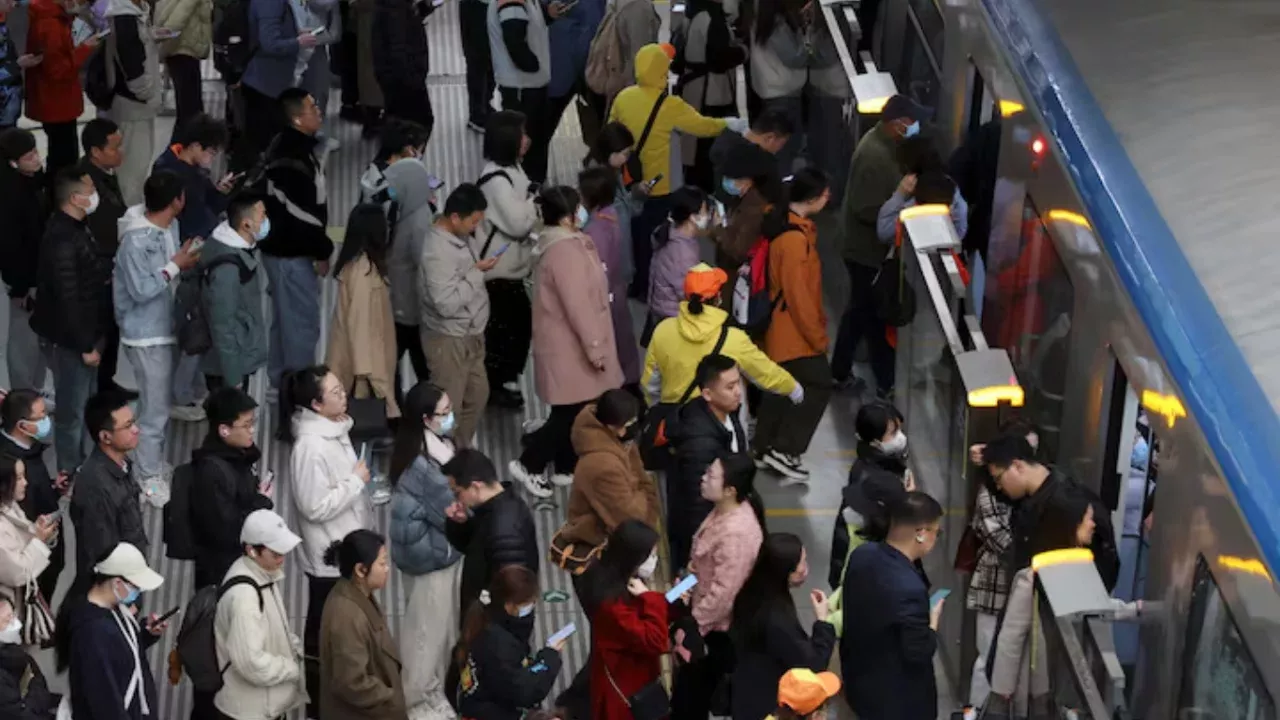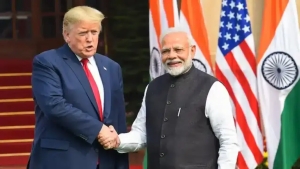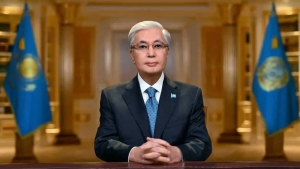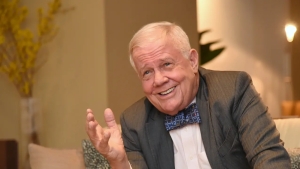The US and China are competing for talent

The new phase of the trade war between the US and China is now focused not on goods, but on human capital – engineers, technology specialists, and scientists in the field of artificial intelligence. This was reported by Zamin.uz.
Recently, tensions in this area have intensified again. For example, Foxconn, the company that manufactures iPhones, called for the return of hundreds of Chinese engineers and technicians working in India.
According to a Bloomberg report on July 2, this decision is seen as part of the Chinese government's policy aimed at restricting the flow of knowledge and technology abroad. In January, information emerged that Beijing had issued verbal instructions to local governments and regulators to limit the export of technologies to India and Southeast Asia and to restrict activities there.
This situation poses a significant problem for large companies like Apple. Apple is trying to reduce tariffs and geopolitical risks by shifting its supply chains from China to India and Vietnam.
According to Apple CEO Tim Cook, by the third quarter of 2025, the majority of products exported to the US will be produced in India and Vietnam. However, this relocation process is likely to be painful for the Chinese economy.
Apple has created approximately five million jobs in China, with more than half of them in the manufacturing sector. Blocking the sending of Foxconn and other manufacturers' employees abroad may seem beneficial in the short term, but in the long term, India's technological and diplomatic countermeasures may not be out of the question.
Another risky direction is the restrictions being placed on the global movement of technological knowledge. China holds a leading position in the global market for rare earth elements.
These materials are crucial in the production of artificial intelligence, electric vehicles, and modern military technology. Beijing has already imposed a complete ban on the export of certain technologies.
Additionally, the Chinese government is compiling a list of specialists with technical knowledge and imposing restrictions on their exit abroad. Caution in the field of artificial intelligence is also increasing.
In March, The Information reported that some employees of the DeepSeek startup in Beijing were banned from traveling abroad. This indicates that China is taking a serious approach to retaining its specialists and limiting the outflow of knowledge.
In particular, Chinese AI specialists working at Meta and other Silicon Valley companies are of strategic importance to Beijing. This approach is not new.
China has always sought to attract highly qualified specialists from other countries, especially Taiwan. For example, renowned chip engineer Lyan Mong Song left TSMC in 2017 to lead SMIC in Shanghai.
Such cases demonstrate China's active participation in the international talent competition. As a result, the world is now entering a global "cold war" not only for products but also for knowledge, innovation, and intellectual potential.
This new arena between China and the US – the "war for talent" – could become the most important front of global technological competition in the coming years







